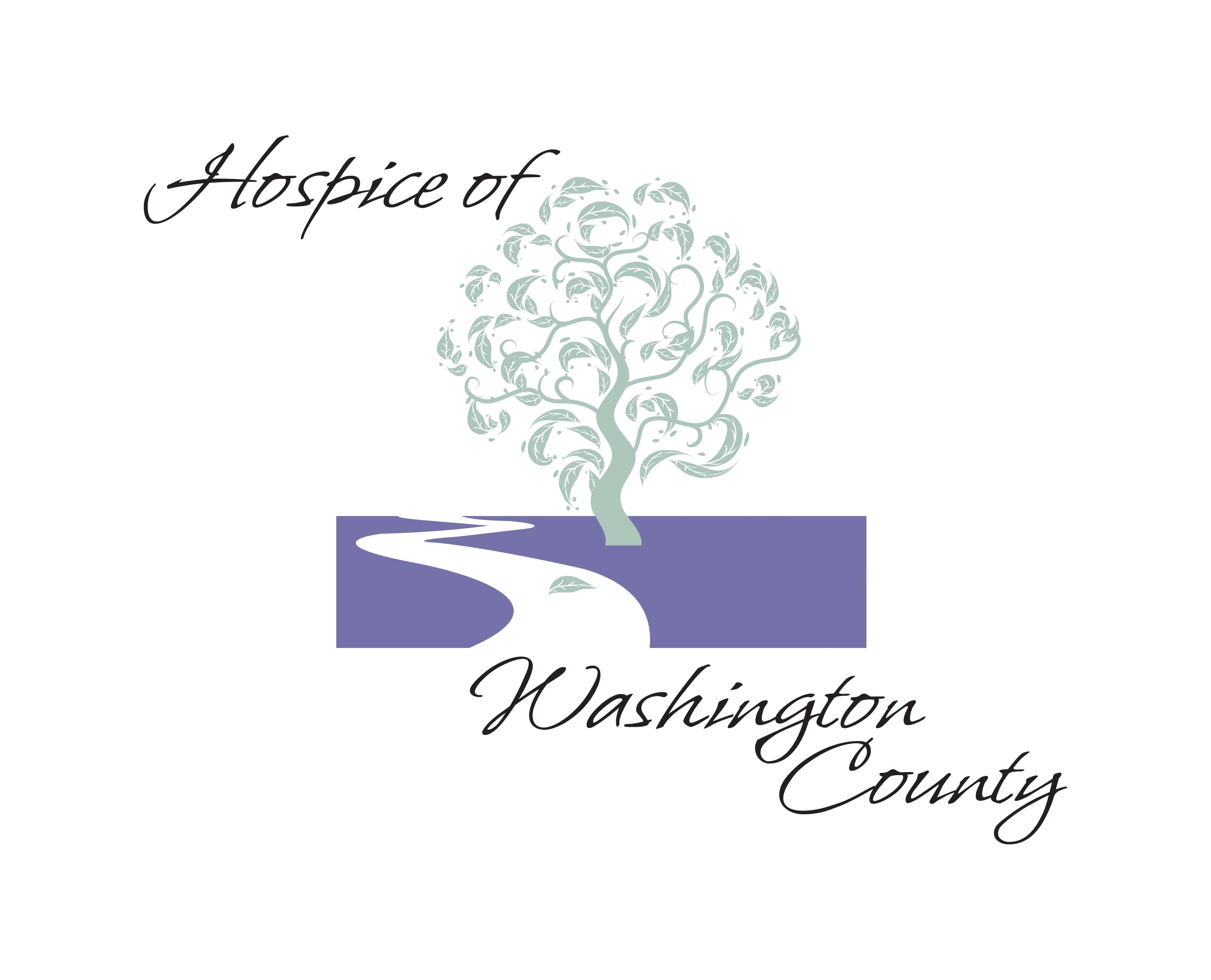Bereavement Services
Bereavement Services are provided for up to 13 months after a death of a loved one. These services are provided free of charge and open to the public. Support is available to all who have lost a loved one, regardless of whether the loved one was in hospice care.
Hospice of Washington County is here to assist our community member’s move through the grief process by providing support, education and resources. Our Bereavement staff offer educational programs, monthly mailings, supportive counseling through one-on-one meetings, home visits and regularly scheduled support groups.
The journey of grieving is very personal. Some individuals are only comfortable with one-on-one visits, while others prefer interacting in a group setting.
Grief is a normal, natural and necessary process connected with any loss. Grief is the multitude of emotions that we feel at the time of a loss. There are no time frames or correct ways to grieve. Grief may be expressed in many ways and with a variety of intensities.
Grief can be so painful and seem so overwhelming that it may frighten us. Many people worry if they are grieving in the “right” way, and wonder if the feelings they have are normal. Most people who suffer a loss experience one or more of the followings signs or symptoms.
- Feeling tightness in their throat or heaviness in the chest
- Feeling an empty feeling in their stomach or loss of appetite
- Feeling guilty or angry
- Find it difficult to concentrate
- They may be restless, looking for something to do to keep busy
- They may find it hard to accept; the loss isn’t real, it didn’t happen
- They may sense the deceased presence
- They may experience forgetfulness, anxiety and depression
- Difficulty sleeping, being overly tired
- Experience an intense preoccupation with the life of the deceased
- They may have feelings of guilt or anger over things that happened or didn’t happen in the relationship with the deceased
- Need to tell and retell memories and experiences of the deceased over and over
- Mood changes over the slightest of situations or remembered memories
- Cry at unexpected times or suddenly
- They may experience more dreams or nightmares
- They may feel all alone even when surrounded by people
Anticipated Grief can occur when it becomes clear that we are facing a loss in our life. We can exhibit normal and natural grief emotions before the loss occurs.
Grief Bursts, also called grief pangs, are heightened periods of sadness or anxiety that can overwhelm the grieving person. Sometimes, out of nowhere, a powerful surge of grief may seem to engulf you. Familiar sounds, smells or songs can trigger grief bursts, or they can seem to come out of nowhere. Allow emotions and feelings to come. Realize tears are normal, natural and appropriate expressions of pain associate with death.
- The compassionate Heart Luncheon is held annually around Valentine’s Day.
- The Memorial 5k Walk/Run is held annually on the third Saturday in September.
- Community Memorial Trees were displayed in the Washington Public Library from Late November until the first week of January.
- Various structured grief support groups are offered throughout the year, meeting at different times and locations. Each session is between 5 – 6 weeks long. Click here for the latest Grief Support Group information.
- We also offer educational workshops and seminars for various population groups within our community as needed. Topics covered are timely, such as – parent’s grief, writing about loss, coping with the holidays, skills for living healthy, and more. Depending on the topic offered, Continuing Education Credits may be offered.
Informational news letters are sent out monthly. These contain information on the different aspects of grief. Topics such as, how to talk with children, anger and denial, guilt, and what does “normal” mean. These packets include not only great information but poems and stories of what others have experienced. Lastly, the packet contains events that are going on at Hospice of Washington County to keep you informed and involved.
Contact Jina Witthoft at Hospice of Washington County
with any questions or to make an appointment.
Phone: 319-653-7321 or 888-966-6608
Email: jina@hospicewc.com
Helping Kids Grieve
Educational content and interactive activities to help support children through their grief.
Grief.com
With the direction of David Kessler, Grief.com is dedicated to help everyone deal with the often unknown terrain that comes along with all kinds of grief. Through education, information and other helpful resources we hope to make the challenging road of grief a little easier.
CenterForLoss.com
A leading provider of information and inspiration in the areas of illness and dying, loss and grief, healthy caregiving, life transition, and spirituality lead by Dr. Alan Wolfelt.
WebHealing.com
Webhealing.com, the first interactive grief website on the internet, offers discussion boards, articles, book suggestions, and advice for men and women working through every aspect of grief. The site’s founder, Tom Golden LCSW, has provided book excerpts and contact information to help those healing from loss.
The National Hospice and Palliative Care Organization
The National Hospice and Palliative Care Organization’s website provides information and resources for people facing a life-limiting illness and their families.
GriefPlan.com
Videos, resources, newsletter, and an online therapeutic grief program created by Dr. Jason Troyer.
AARP
The American Association of Retired Persons (AARP) website contains a Grief & Loss section with grief-related articles and information.
988 Suicide & Crisis Lifeline
988 has been designated as the new three-digit dialing code that will route callers to the National Suicide Prevention Lifeline (now known as the 988 Suicide & Crisis Lifeline), and is now active across the United States.
When people call, text, or chat 988, they will be connected to trained counselors that are part of the existing Lifeline network. These trained counselors will listen, understand how their problems are affecting them, provide support, and connect them to resources if necessary.

